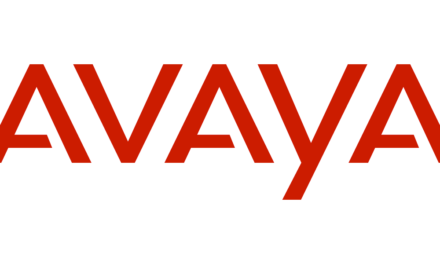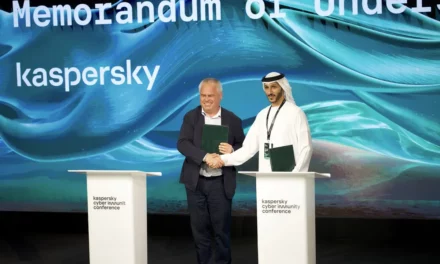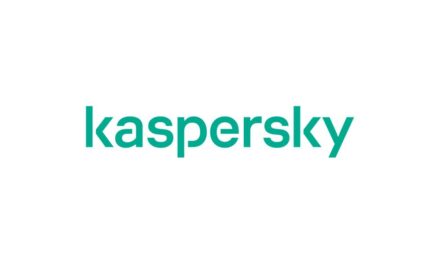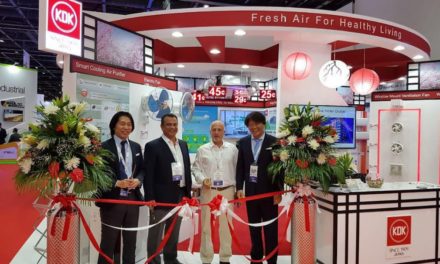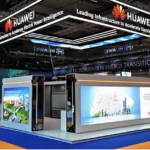
Huawei Ascend 310 AI Chip Earns ‘World Leading Scientific and Technological Achievement Award’ at the Fifth World Internet Conference
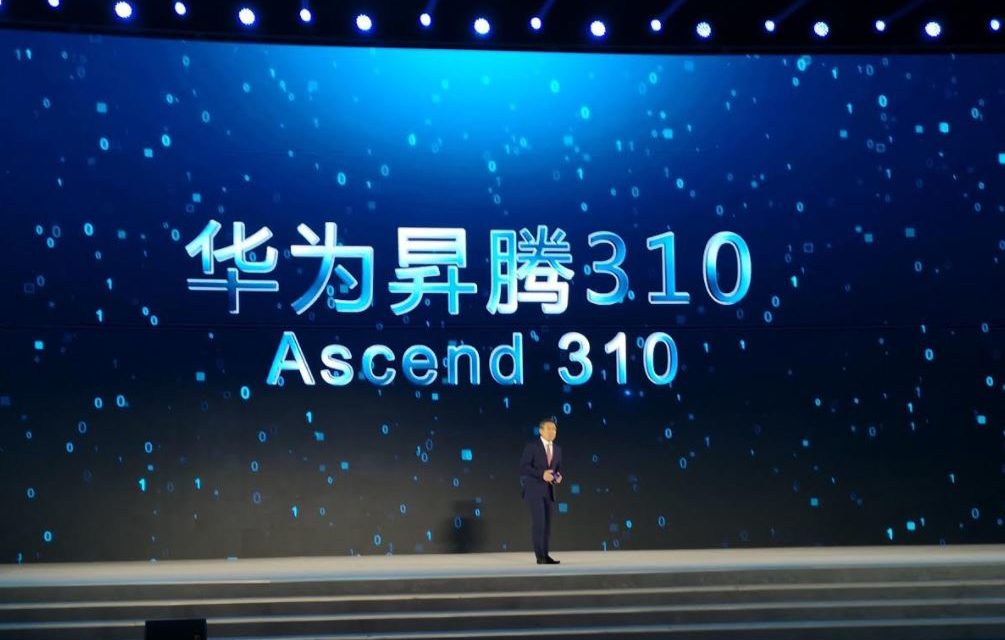
Huawei, a leading global provider of information and communications technology (ICT) infrastructure and smart devices won the “World Leading Scientific and Technological Achievement Award” at the Fifth World Internet Conference (WIC), Huawei’s Ascend 310 chip stood out among more than 400 technology achievements.
This honor recognizes artificial intelligence (AI) system-on-chips (SoC) as having the industry’s strongest compute capabilities for edge computing scenarios, with support from the unified and scalable Da Vinci architecture. This marks the third consecutive year Huawei has received this award and the opportunity to showcase its innovation during the conference.
Yan Lida, Director of the Board at Huawei and President of Huawei Enterprise Business Group, said: “Huawei’s new Ascend series of AI chips is the core component of Huawei’s AI solution and provides the key support. Huawei’s AI strategy is to invest in basic research and talent development; build a full-stack, all-scenario AI portfolio; and foster an open global ecosystem.
Ascend 310 is the first chip in the Ascend series, which opens a new era of AI. Our advantage is not only to be able to do AI but also to achieve synergy between AI and cloud, IoT, video, edge computing, big data, and other technologies, to form an open “platform” that supports digital transformation for all industries.
Over the next three years, our aim is to work with one million AI developers to drive innovations in line with Huawei’s commitment to providing affordable, effective, and reliable AI, bringing intelligence across every enterprise and industry to build a fully connected, intelligent world.”
Ascend 310 is the industry’s most powerful AI SoC chip for edge computing scenarios. Every edge computing scenario imposes severe constraints on space, energy consumption, and computing power. Ascend 310 supports every industry with cost-efficient and powerful computing energy.
One Ascend 310 chip can achieve up to 16TOPS on-site calculations, supporting the simultaneous identification of 200 different objects including people, cars, obstacles, and traffic signs; it can process thousands of pictures in one second. In October this year, Huawei and Audi demonstrated the chipset in L4 automatic driving.
The vehicle was equipped with Huawei’s Mobile Data Center (MDC) vehicle-mounted computing unit and it was estimated that Huawei’s Ascend 310 chipset consumed only 200 watts of power in L4 automatic driving.
The other unique advantage of the Ascend series is that it adopts Huawei’s innovative unified and extensible Da Vinci architecture, which achieves full coverage – from the ultimate low energy consumption scenario to high computing power scenario – something not yet seen in any other architecture on the market. The Da Vinci architecture is able to facilitate AI application deployment, migration, and collaboration in different scenarios at the same time, which vastly improves software development efficiency, and accelerates AI applications in various industries.
More information about Huawei’s AI strategies and full-stack all-scenario AI solutions is available at





